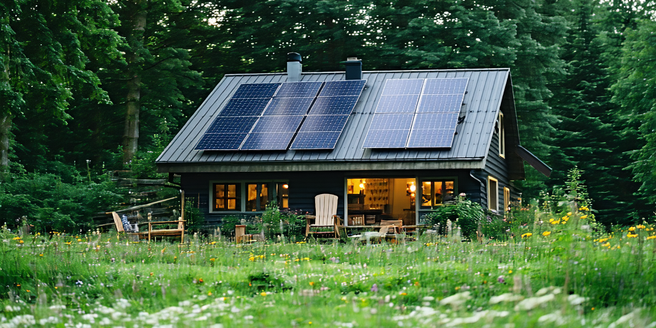Real Estate Market Predictions

Current Trends Influencing the Real Estate Market
The real estate market is currently shaped by several key trends. Urbanization continues to draw people to cities, leading to increased demand for housing in metropolitan areas. Additionally, the shift towards remote work is influencing how people choose their homes, emphasizing the need for home office space and connectivity. The rise of eco-friendly living and efficient energy use in homes has also become significant. Moreover, changing family structures and delayed homeownership among millennials are impacting the types of properties in demand. Investors are paying close attention to these trends as they develop strategies to capitalize on emerging opportunities in the market. A dynamic and evolving landscape means that adaptability and forward-thinking are crucial for those involved in real estate.
Impact of Economic Changes on Real Estate
Economic fluctuations directly impact the real estate market, influencing both price dynamics and investment opportunities. During periods of economic growth, real estate often sees increased demand as consumer confidence and employment levels rise. This demand can lead to more competitive bidding on properties, driving prices even higher. Conversely, economic downturns can lead to decreased demand and lower property values. Interest rates play a critical role; when rates are low, borrowing is cheaper, encouraging real estate investment and higher sales. Global economic trends, such as inflation or monetary policy shifts, can also affect local markets, redefining investment strategies. Real estate professionals must keenly observe economic indicators to anticipate market changes and adjust their approaches to mitigate risks.
Technological Advancements Shaping the Industry
Technology continues to transform the real estate landscape, significantly altering how business is conducted. PropTech innovations, such as virtual reality tours and blockchain for transaction security, enhance buying and selling processes. With the integration of AI, real estate agents can provide more personalized recommendations to potential buyers. As technology evolves, it becomes crucial for industry professionals to continuously update their skills and knowledge. The rise of smart homes, equipped with advanced automation systems, attracts tech-savvy buyers seeking convenience and efficiency. Data analytics provides deeper insights into market conditions and consumer behavior, enabling better decision-making. Additionally, online platforms are making real estate transactions more transparent and accessible. Adapting to technological advancements is essential for staying competitive in an increasingly digital market environment.
Environmental Considerations in Future Developments
As awareness of climate change and sustainability grows, environmental considerations are becoming central to real estate development. Green building practices are increasingly employed to reduce carbon footprints and enhance energy efficiency. As a result, communities are witnessing a significant shift towards more sustainable living environments. Developers are incorporating renewable energy sources and sustainable materials into new projects to meet eco-conscious demand. Additionally, regulations and incentives are emerging to support environmentally friendly development, influencing design and construction. Buyers are now more inclined to purchase properties with sustainable features, thus encouraging real estate professionals to prioritize ecological stewardship in their projects. This shift is seen not only as a trend but as a necessary evolution in the industry to ensure a sustainable future.
Predicted Shifts in Buyer Demographics
Demographic changes are expected to influence the real estate landscape significantly. As millennials and Gen Z become dominant market participants, their preferences are shaping the future of housing. These generations prioritize flexibility, location convenience, technology integration, and eco-friendliness in their property choices. Homebuyers are increasingly seeking sustainable and energy-efficient options, reflecting a broader societal shift towards environmental consciousness. It’s crucial for the industry to innovate quickly to meet these evolving demands. An aging population also impacts demand, increasing interest in accessible homes suited for senior living. Additionally, immigration continues to diversify urban populations, affecting regional housing demands. Real estate developers and agents must stay informed about these demographic shifts to cater effectively to emerging market needs and expectations.